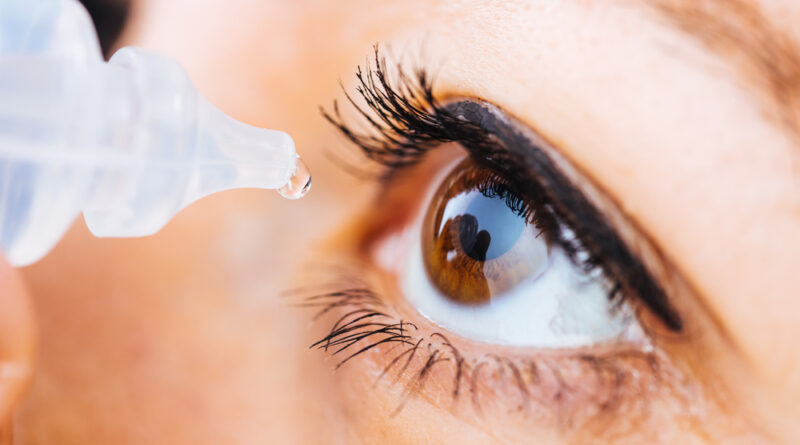Is It Bad to Overuse Eye Drops?
The real question is: should we ever overuse eye drops?
We all get some over-the-counter (OTC) eye drops in case of itchiness, redness, dryness, and when we suffer from problems from prolonged exposure to dust or computer screens. Some of these eye drops help subdue the symptoms for a short while. But, you can never be sure what condition you are having, without a doctor’s examination.
So, not only is it dangerous to keep using the chemicals you barely know in the most sensitive organs in your body, but it is also unwise to keep an eye-disease undiagnosed!
Here are 9 important reasons why you should never overuse eye drops and never use any eye drops for a long time if your doctor has not suggested it:
-
You don’t know them!
Unless you are a trained medical professional, you can never be sure which eye drop is right for you, how much you should use, or for how long.
Eye drops are salt solutions that contain steroids, antihistamines, antibiotics, antifungals, or even mild anesthetics, depending on their specific use. They also may contain preservatives. The ones that do not contain preservatives come in single-use vials.
-
You can never dose them right
These eye drops are instantly soothing, but the price you pay is too much. The soothing effect, lubrication, and pain-relief only last for a couple of hours. This makes you use more and more of it and being dependent on it is not a good thing to do!
Truth is, the manufacturers already oversize the droplets (just in case). That means you risk overdosing your eyes.
-
You can easily get addicted and dependent on eye drops.
Tears are inherently rich in anti-microbial enzymes (like lysozymes), lubricants, and eye-cleansers. You may be only facing some difficulties because the tear glands are groggy at the time or they may be craving some rest or medical help.
But the more you use eye drops in place of natural lubrication and secretions, the more you damage your eyes. As a result, the nerves that stimulate the glands can get less responsive. The glands may function even worse now, escalating the situation. This is the reason why you should use eye drops in moderation.
-
Preservatives
Preservatives in the eye drops begin to damage the nerves and veins when they constantly come in contact. Opt for preservative-free one-time use vials instead but only if your doctor recommends you to do so.
-
Contaminations can lead to infections.
Even if the eye drops contain antiseptic ingredients, they only make up for infections at hand. The microbes left in the eyes from single-use vials can cause infections later on.
As for multi-use eye drops with preservatives; they can get contaminated upon opening and closing the dispenser bottle frequently.
-
The nerves and veins can get damaged:
If you see Imidazoline or Naphazoline amongst the ingredients, they can be the eye drops meant to reduce puffiness (inflammation) in the eyes. But studies also say that the blood vessels in the eye cannot take too much of them. It can cause anything from prolonged redness in the eyes to permanent damage to the veins.
-
It can mask many serious conditions!
When we cannot sense pain and irritations of the eyes, the early stages of various eye problems go undetected and unchecked. Though your optometrist can rule them out, you may not consider visiting them because of the eye drops messing with your nerves. The experts at West Coast Optical believe in detecting these conditions early on to promote better health outcomes than a standard vision test alone.
-
You may not understand if your existing conditions worsen
If you have frequent, recurring, or relapsing fatigue of the eyes, it’s high time you quit treating yourself. It can be an early sign of serious issues like glaucoma, cataract, or even your diabetes acting up.
-
Overusing eye drops can lead to new conditions.
When you overuse eye drops, it can cause dry eye syndrome, rebound eye redness (the vicious cycle of eye drops intended to relieve eye redness causing the eye to redden), eye irritation (from antihistamines), eye Infections (from corticosteroids/steroids), etc.
It is always advised to visit your physician in case of any eye condition as soon as possible. Don’t wait until it’s too late because the idiom “apple of one’s eye” comes to a literal play here – there’s nothing more important than well-functioning eyes, and one should not take any risks with them.

